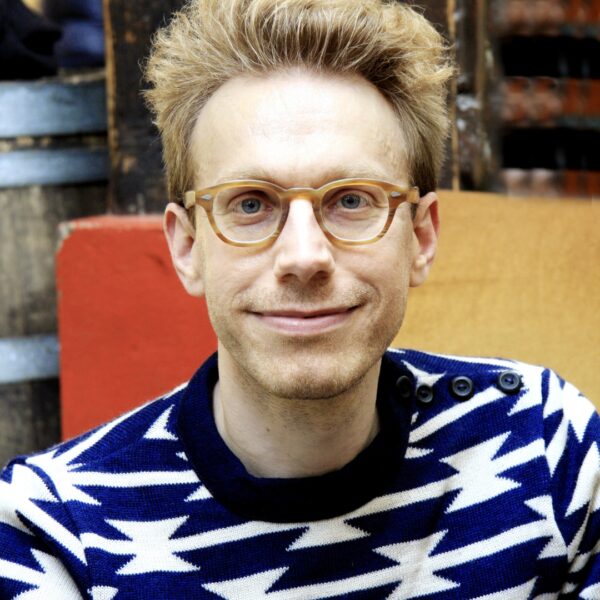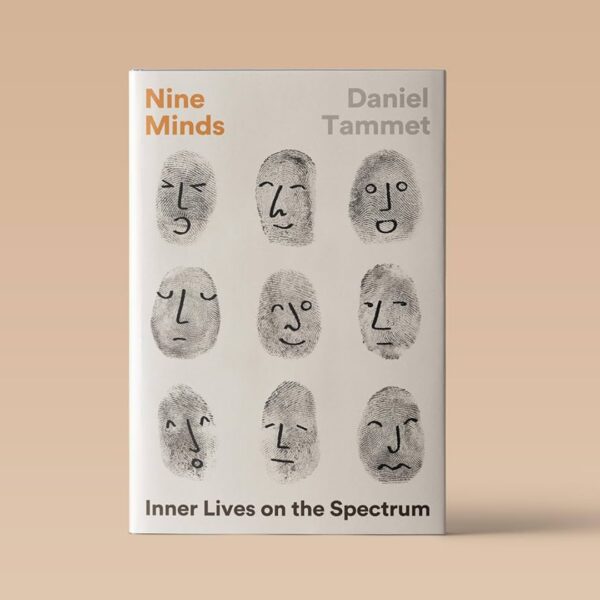Inner Lives on the Spectrum
Exclusive Interview with Daniel Tammet


Daniel Tammet, a neurodivergent savant, was able to learn Icelandic in a week and recite Pi to 22,514 decimal places from memory. Kate Bush even wrote a song about him. Now he has written a book about nine other remarkable neurodivergent people from a pioneering surgeon to a murder detective.
How would a close friend describe you as a person?
Probably as thoughtful and curious. If the friend were French (I've lived in France for many years), they might call me very 'English' (très anglais) whereas if the friend were British they might call me rather 'European'.
You are described as an autistic savant, can you give us an idea of what that means?
Autism is a neurodevelopmental condition which causes connections between cells in the brain to grow differently. In a small minority of people on the spectrum, these unusual connections confer abilities ('savant skills') that would be considered exceptional in the general population.
In my own case, in addition to having a very good memory, my heightened pattern-seeking abilities allow me to quickly acquire a foreign language. I can speak several, including French, Esperanto and Icelandic, which I learned within a week for a TV documentary. I also perceive words and numbers as colours, textures and shapes. In 2004, I set an international record when I recited from memory the first 22,514 decimal places of the number Pi (3.141...) by visualising the digits as a flowing, visual story in my mind. The singer Kate Bush was so inspired by this performance that she composed a song about me, 'Pi', on her album 'Aerial'.
Growing up how well did you feel the world around you was geared to nurturing neurodivergent people?
Growing up in East London in the 1980s, I knew nothing about autism. The concept of neurodiversity did not exist. I was simply considered different, highly sensitive and quite sickly (I had epileptic seizures as a small boy). What helped me was going into libraries and discovering other worlds and perspectives. I realised that being different needn't be a handicap and that I could learn to understand other people's minds and enhance my empathy through reading.
Tell us a little about your current book.
Nine Minds explores the gifts and inner lives of nine neurodivergent men and women from around the world, including a brilliant murder detective, a pioneering surgeon and a Hollywood star. The book is based on hundreds of hours of research and one-on-one interviews. Readers want books that can pull them into new ways of seeing and understanding the world and neurodivergent stories really do that.
You and the people you have written about have some remarkable abilities - are they always inherent or could more be done to teach them to other people?
The gifts my writing explores are all amazing - the ability to solve murders by homing in on tiny clues that neurotypical people tend to miss, for example, or an autistic blind woman who can mentally reconstruct the world around her using only sound waves - but they are the result of nurture as well as nature.
The stories I tell show the importance of strong support networks - parents, friends, carers - opportunities to thrive, and encouragement. That's equally as true for neurotypical people. Having an open mind and heart and learning from other people's talents and perspectives can be empowering for everyone.